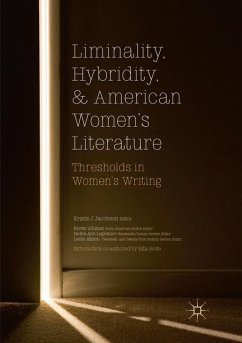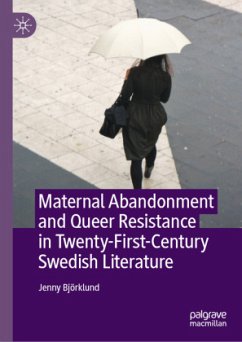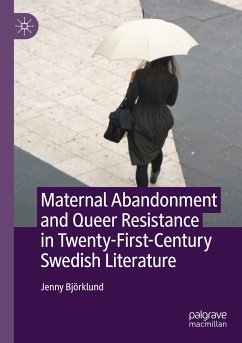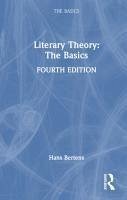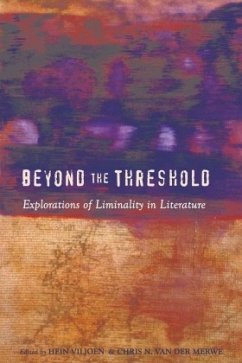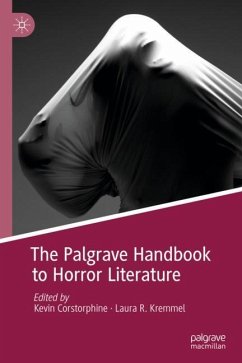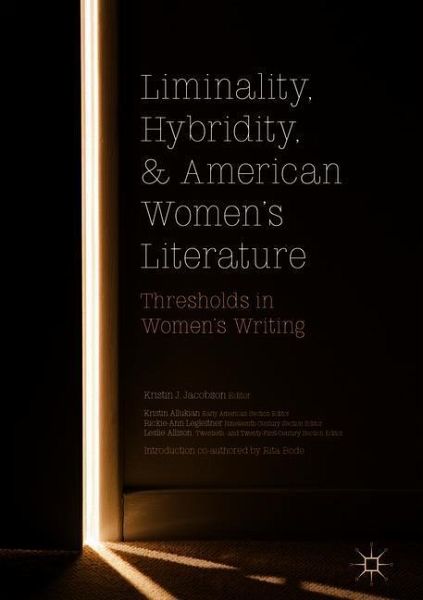
Liminality, Hybridity, and American Women's Literature
Thresholds in Women's Writing
Herausgegeben: Jacobson, Kristin J.; Allukian, Kristin; Legleitner, Rickie-Ann; Allison, Leslie

PAYBACK Punkte
38 °P sammeln!
This book highlights the multiplicity of American women's writing related to liminality and hybridity from its beginnings to the contemporary moment. Often informed by notions of crossing, intersectionality, transition, and transformation, these concepts as they appear in American women's writing contest as well as perpetuate exclusionary practices involving class, ethnicity, gender, race, religion, and sex, among other variables. The collection's introduction, three unit introductions, fourteen individual essays, and afterward facilitate a process of encounters, engagements, and conversations...
This book highlights the multiplicity of American women's writing related to liminality and hybridity from its beginnings to the contemporary moment. Often informed by notions of crossing, intersectionality, transition, and transformation, these concepts as they appear in American women's writing contest as well as perpetuate exclusionary practices involving class, ethnicity, gender, race, religion, and sex, among other variables. The collection's introduction, three unit introductions, fourteen individual essays, and afterward facilitate a process of encounters, engagements, and conversations within, between, among, and across the rich polyphony that constitutes the creative acts of American women writers. The contributors offer fresh perspectives on canonical writers as well as introduce readers to new authors. As a whole, the collection demonstrates American women's writing is "threshold writing," or writing that occupies a liminal, hybrid space that both delimits bordersand offers enticing openings.





